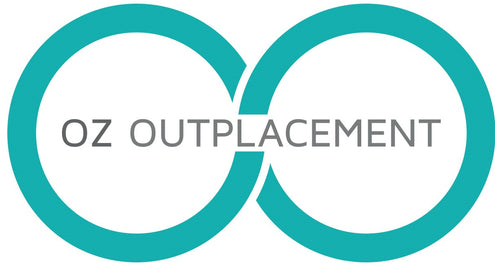Shortly after we emigrated to Australia, I joined in the office footy-tipping comp to try and fit in with my NFL-mad Aussie colleagues. As an immigrant, I didn’t even know that the NFL existed prior to my arrival! (I am a proud Springbok supporter). I might have imagined it, but there seemed to be some mischievous whispers amongst my work mates, who sensed an easy mark to increase the prize pool for all of them. Well to their frustration and it must be said, more than just a little touch of irritation, I proceeded to dominate the comp and ultimately won the trophy! My bets, unclouded and free of bias towards any team, were based purely on data. I just looked up the stats before each round and made a betting decision purely on that basis. Moneyball anyone? Sadly, since then, as my bias has grown, so my fortunes have dwindled along with those of my favoured Parramatta Eels.
As a practicing Psychometrist, I had been used to assisting employers vet their candidates using modelling and it always amazed me how, according to some sources, only 27% of hiring managers use Psychometric testing in evaluating potential employees. Perhaps it isn’t a coincidence that contra distinctly, over 80% of the top Fortune 500 companies in the US make use of these tools.
There are a number of variables in the recruitment process and Psychometric testing isn’t infallible, but it is one of the few tools that we can use to cut through subjective bias and highlight potential red flags that might bear further scrutiny, saving both potential employer and employee time, money and heartache. If nothing else, its principles can help you improve your chances with the bookmakers – if ice runs in your veins of course.
Carmen Mackrill is Principal consultant at www.ozoutplacement.com.au

Muchas gracias. ?Como puedo iniciar sesion?